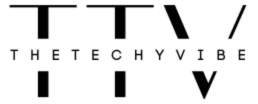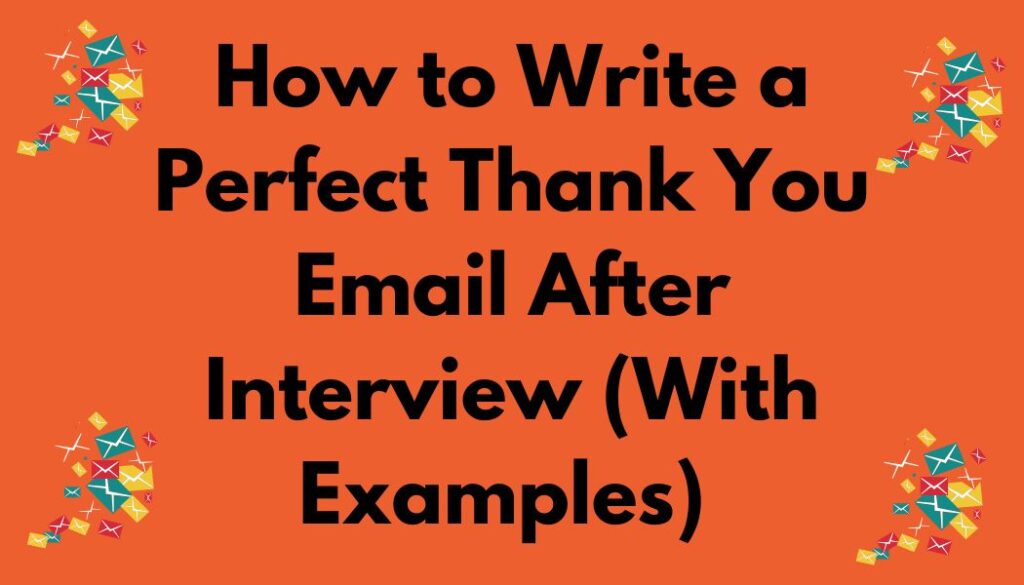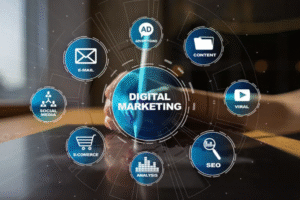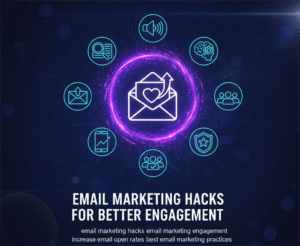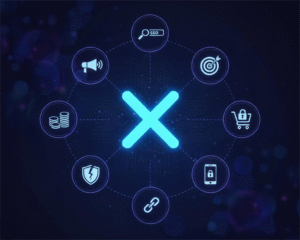The majority of job seekers work very hard to prepare for an interview and create their resumes. The follow-up thank-you email following a job interview is something that many people overlook, but should not. Interviews can cause anxiety. However, your work isn’t fully done when it’s finished. One of the most important but sometimes ignored aspects in the job application process is sending a well-written thank you email after interview.
According to Harvard Publishing ( Writing a thank-you note is more powerful than you think). Writing one can significantly affect the employer’s perception of you, in addition to demonstrating how passionate you are about the position. According to the same report, a lot of hiring managers base their choice on whether or not they received a thank-you note.
It can make a lasting impact in addition to expressing gratitude and expressing your interest in the role. You’ve come to the right place if you’re not sure how to write a thank-you email that works. This article explains the importance of thank-you emails, what to include, how to format them, and provides real-world examples that you may modify.
What is a post interview email?
A thank-you note or post-interview email is a concise statement that states your interest in the position and expresses gratitude to the hiring manager or managers, as well as anyone else who interviewed you.
Following an interview, a standard post-interview email may contain a variety of topics, but the main focus should be a statement of thanks. In addition to restating your excitement for the role and the organization, your note should genuinely thank the interviewer or interviewers for the opportunity.
Should I send a thank you email after interview?
The most frequently asked questions by job seekers: Should I send a thank you email after interview?
The answer is absolutely yes. But Why?
There is intense competition for jobs, and it might be difficult to even get an interview. According to Fortune, for instance, there was a notable disparity between job applications and available positions in the US labor market in 2024.
About 173 million job applications were filed in the first half of 2024 as of midway through the year, a 31% increase over the same period in 2024. However, over that period, only roughly 19 million new job vacancies were produced, which is a 7% increase over the previous year.
A thank you email after an interview will keep you in the forefront of the recruiter’s mind for any future chances, even if they decide not to proceed with your application.
Why Sending a Thank You Email after Interview Matters?
Let’s be clear: thank you emails aren’t just polite — they’re strategic.
Here’s why they matter:
- Shows professionalism and gratitude: It shows you value the interviewer’s time.
- Reinforces your interest: Writing a thank-you note is a subtle way to convey your excitement for the opportunity.
- Gives you another chance to stand out: You can briefly reiterate a point, highlight a skill, or connect on something discussed.
- Can influence the decision: In some competitive roles, a thoughtful follow-up can tip the scale in your favor.
When to send a thank-you email after an interview?
Take into account the email time if you are composing a thank-you note to the interviewer. Try to send a note as soon as possible, preferably within 24 hours, when the interview is still fresh in both your and your interviewer’s minds.
Pro Tip: You can create a thank-you email template before an interview to speed up the process. After the interview, you can customize the template by leaving blanks. Make sure you haven’t mistakenly included any “old” information by revising anything made using a template before submitting it.
Key Elements for Writing a Great Thank You Email
Your thank-you email doesn’t need to be lengthy. Concise and personalized is best. Here’s a quick breakdown of what to include:
- Subject Line: Keep it clear and simple.
- Greeting: Address the interviewer by name.
- Thank Them: Express genuine appreciation.
- Personalize: Mention something specific from the interview.
- Reaffirm Interest: Briefly highlight why you’re a great fit.
- Closing Note: Offer to provide more info and sign off professionally.
Common Mistakes to Avoid
❌ Sending a generic email: Always personalize it.
❌ Misspelling the interviewer’s name or company name.
❌ Writing a long, essay-style email — keep it brief and impactful.
❌ Being too casual or overly formal — match their tone.
❌ Forgetting to proofread: Typos can ruin a great message.
Example 1: After a Standard Job Interview
Subject Line: Thank You for the Interview
Email:
Dear [Interviewer’s Name],
Thank you for taking the time to speak with me today about the [Job Title] position at [Company Name]. I truly enjoyed our conversation and learning more about your team’s goals and vision.
I’m especially excited about [mention something specific discussed, e.g., “the upcoming product launch”], and I believe my experience in [your relevant skill] would make a valuable contribution.
Please don’t hesitate to reach out if you need any additional information. I look forward to the possibility of working with you.
Best regards,
[Your Full Name]
📧 Example 2: After a Panel Interview
Subject Line: Thank You for the Opportunity
Email:
Dear [Interviewer Names or “Hiring Team”],
Thank you all for the engaging and thoughtful interview today. I appreciated the chance to meet everyone and learn about the collaborative work culture at [Company Name].
Our discussion about [specific topic] really resonated with me, and I’m even more enthusiastic about the opportunity to contribute.
Please extend my thanks to the rest of the team. I hope to work together soon!
Warm regards,
[Your Name]
📧 Example 3: After a Remote/Virtual Interview
Subject Line: Great Speaking With You Today
Email:
Hi [Name],
It was a pleasure connecting with you over Zoom today. Thank you for the insightful conversation about the [Job Title] role.
I appreciated learning more about [specific project or value], and I’m confident my background in [relevant experience] aligns well with your needs.
I look forward to the next steps and am happy to provide any follow-up materials you need.
Best,
[Your Name]
📧 Example 4: Short and Sweet Thank You
Subject Line: Thank You!
Email:
Hi [Name],
Just a quick note to thank you for today’s interview. I appreciated your time and enjoyed our conversation about [mention specific topic].
Looking forward to hearing back soon!
Best regards,
[Your Name]
Final Thoughts
A thank you email after interview might seem like a small detail, but it can enhance your chances of getting a job. It’s your opportunity to leave a positive impression and show you’re someone who follows through with professionalism and courtesy.
Take 10–15 minutes to write one. It might be the difference between being passed over for a job offer and receiving one.
Bonus Tip: Want to stand out even more? Consider sending a handwritten note in addition to your email for high-touch industries like PR, education, or nonprofit work.
